Multiple carmakers have been caught giving sensitive customer data too easily to law enforcement despite saying that they would not do so under Consumer Privacy Protection Principles Agreement
When the Consumer Privacy Protection Principles Agreement was created back in 2015, it was supposed to encourage automakers to voluntarily enact plans that would help enhance the protection of sensitive customer data while also providing enhanced security for other types of consumer data. A total of 19 different automakers pledged to be a part of this effort and it appeared that the agreement had solid framework to truly make positive change.
However, a new report has revealed that eight of these firms have backtracked on the agreement, and are willingly giving consumer data to law enforcement in violation of the agreement. This has attracted the attention of government officials who are calling for an investigation into the matter.
Consumer data protection is a persistent issue
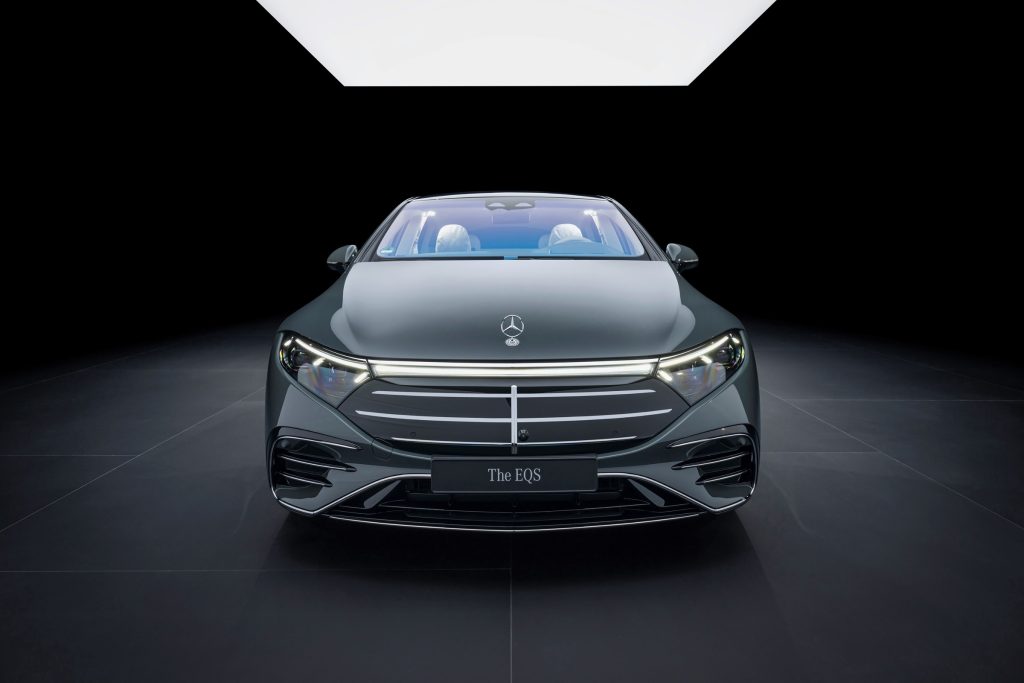
The eight automakers involved are allegedly giving consumer location data to law enforcement in violation of voluntary agreement
According to a report by Automotive News a recent inquiry revealed that eight automakers: BMW, Nissan, Toyota, Subaru, Volkswagen, Mercedes-Benz, Kia, and Mazda would all give consumer location data to law enforcement if presented with a subpoena which is a violation of the aforementioned standards. This has raised privacy concerns about what other types of private data are shared and what automakers are not telling consumers about the information that’s passed between them and other entities.
This revelation also caught the attention of two U.S. Senators who are calling for all eight automakers to be investigated by the Federal Trade Commission for their roles in violating the core principles of the agreement by turning over consumer data. “Automakers have not only kept consumers in the dark regarding their actual practices, but multiple companies misled consumers for over a decade by failing to honour the industry’s own voluntary privacy principles,” said Senators Ron Wyden and Edward Markey in a letter to the FTC. “Vehicle location data can be used to identify Americans who have travelled to seek an abortion in another state, attended protests, support groups for alcohol, drug, and other types of addiction, or identify those of particular faiths, as revealed through trips to places of worship.”
Automakers sound off
While the majority of the eight automakers named in the investigation refused to issue comment, three of them: Mercedes-Benz, Toyota, and Kia all defended their data-sharing practices. Joining them in the collective rebuttal is the Alliance for Automotive Innovation (AAI) with a spokesperson for the alliance telling AN “Vehicle location information is only provided to law enforcement under specific and limited circumstances, such as when the automaker is provided a warrant or court order or in situations where there is an imminent threat of serious bodily harm or death to an individual.”
In contrast, General Motors, Ford, Honda, Stellantis, and Tesla not only require a subpoena but also an active warrant to be served first before they give consumer location data to authorities with Tesla even taking the extra step of notifying customers of any legal demands it receives from law enforcement in regards to their vehicles. The exception to this policy is either in the event of an emergency or if they get consent from the customer.
More Investigation Stories
- NHTSA Opens Probe Into Ford’s BlueCruise Technology After Two Fatal Crashes
- Tesla Autopilot Has Critical Safety Gap, Federal Investigation Links Feature To Hundreds Of Crashes
- President Biden Orders Probe of Foreign Connected Vehicles
Increased scrutiny comes after prior GM scandal
The renewed calls for an investigation into how automakers share the data of customers comes after General Motors found itself under the microscope for similar data-sharing issues. In that particular case, it was revealed in a report released by the New York Times that newer GM vehicles equipped with OnStar were sharing customer driving behavior data to insurance companies via two data brokers LexisNexi and Verisek. This shared data affected the ability of consumers to secure insurance policies for their vehicles and even prompted some owners to formally pursue legal action against the company.
General Motors was forced to do damage control and it ended its relationship with both firms after the report was made public. However, with more automakers now being exposed for their data-handling practices, look for the net of scrutiny to grow larger as the federal government takes the issue of data security and privacy more seriously, especially in an era where data and digitization are rapidly becoming more integrated into new vehicles.


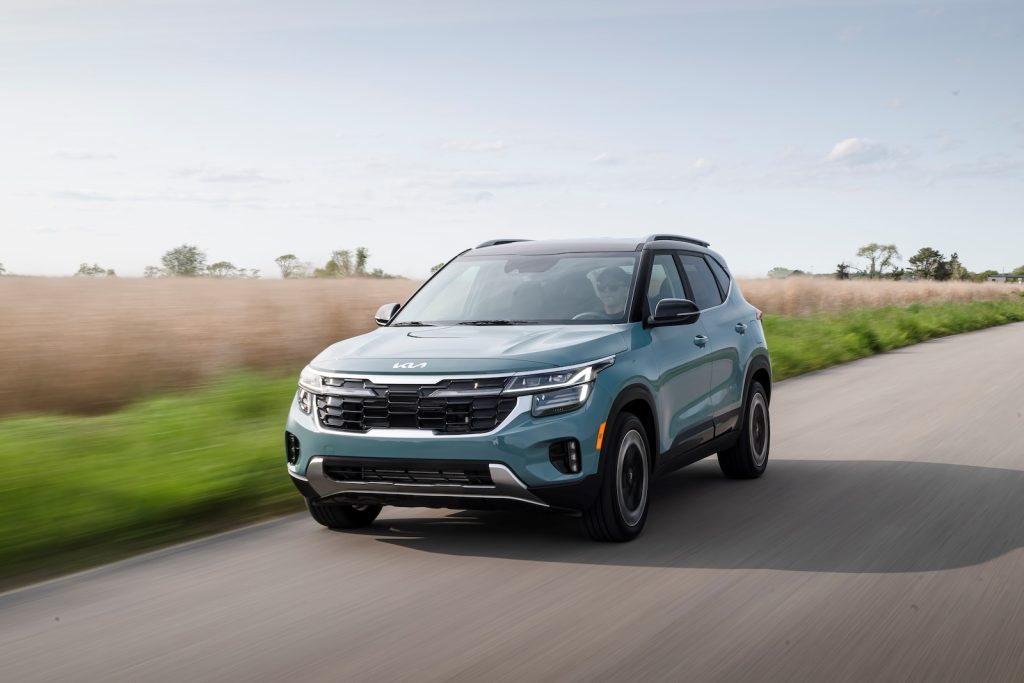
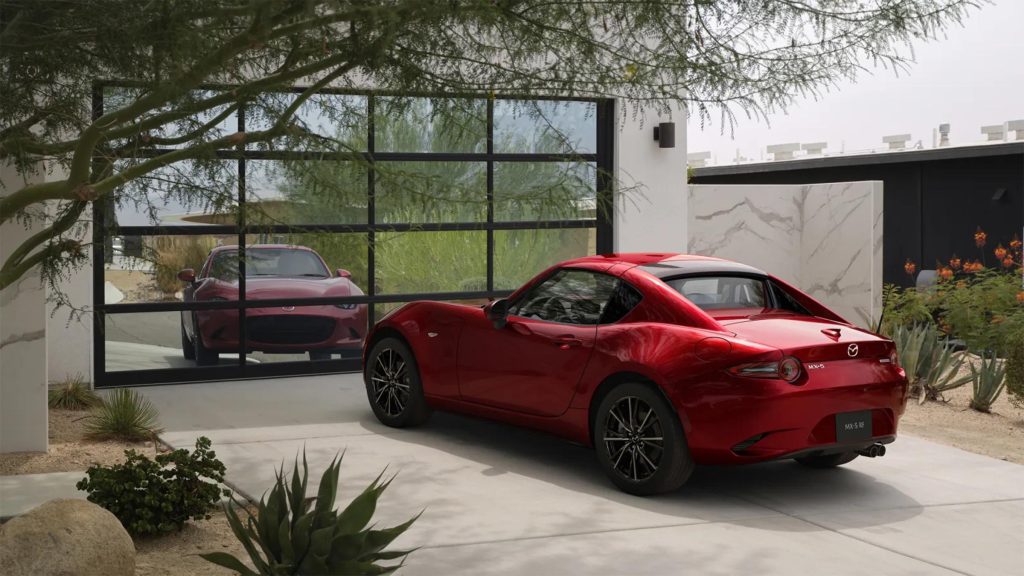


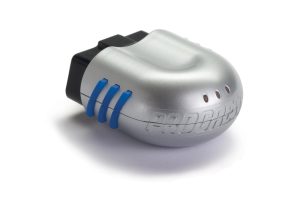


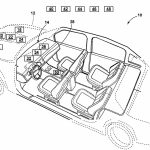




0 Comments